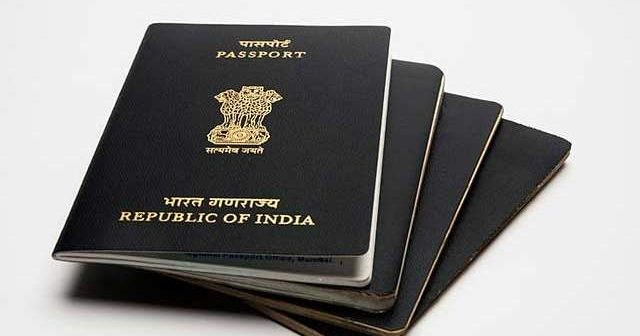It’s a frustrating reality for many Indians: the dream vacation abroad often comes with a bureaucratic nightmare – visas. While citizens of nations like France and Germany roam the world visa-free, the Indian passport, ranked a lowly 85th on the Henley Passport Index 2024, restricts access to just 62 destinations. This ranking speaks volumes about India’s global standing and raises crucial questions about our mobility and opportunities.
The Frustration Factor: Imagine planning a European adventure, only to face visa applications for each country. The process can be time-consuming, expensive, and often unpredictable. This dampens travel enthusiasm, restricts business opportunities, and limits educational exchange. For students seeking international placements or professionals attending conferences, visa hurdles can be career-limiting.
Beyond Tourism: The impact goes beyond individual aspirations. A weak passport hinders trade and investment. Businesses struggle to expand overseas, and attracting foreign talent becomes more challenging. This ultimately affects economic growth and competitiveness. Moreover, it sends a message of limited engagement with the global community, potentially hindering diplomatic relations and cultural exchange.
Looking Inward: While comparing rankings can be illuminating, it’s essential to understand the factors behind India’s position. Concerns about illegal immigration, security issues, and potential misuse of visa-free access are often cited by other nations. While addressing these concerns is crucial, the process shouldn’t become a barrier to legitimate travel and engagement.
The Need for Reforms: The good news is, change is in sight. The Law Commission of India has recommended legalizing and regulating online gambling, recognizing its potential benefits while mitigating the risks. However, concrete legislative action is yet to materialize.
A Balancing Act: Striking a balance between promoting responsible gambling, protecting users, and harnessing the sector’s potential will be crucial for India to navigate this digital gamble effectively.
Beyond Rankings: Instead of solely focusing on ranking improvement, India should strive for a passport that reflects its global aspirations. This means:
- Strengthening bilateral ties: Proactive diplomatic efforts with key nations to negotiate visa-free agreements is essential.
- Improving internal security: Addressing concerns about illegal immigration and security threats requires robust systems and efficient border management.
- Streamlining visa processes: Simplifying visa procedures for legitimate travelers can enhance India’s image as a welcoming nation.
- Investing in infrastructure: Modernizing airports and border checkpoints can expedite travel and improve the overall experience.
A Passport as a Symbol: Ultimately, a passport is more than just a travel document; it’s a symbol of a nation’s standing in the world. A stronger Indian passport would not only ease travel hassles for individuals but also project an image of a confident and engaged India, ready to collaborate and contribute on the global stage.
This is a call to action, not just for the government, but for all stakeholders. By advocating for sensible reforms, fostering responsible travel practices, and celebrating the diverse voices of Indian citizens abroad, we can work towards a passport that truly reflects the potential of our nation. The journey begins at the gate, but the destination is a world of possibilities.






